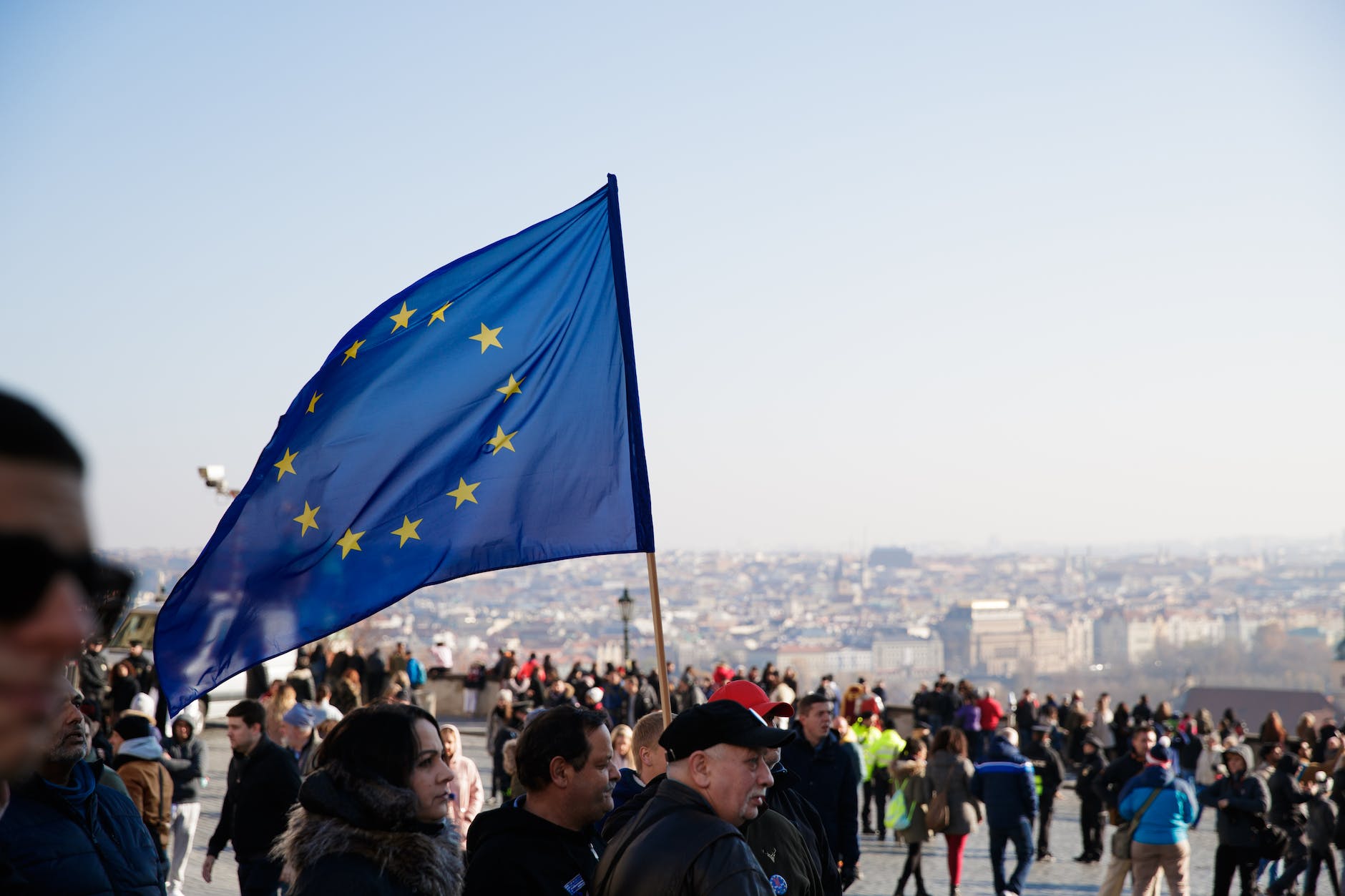Photo: Son Tung Tran
Why does the EU continue to fund and cooperate with authoritarian regimes in the MENA region at the expense of its liberal values?
In this article, post-doctoral researcher Erik Skare delves into the European Union’s CT/PvE policies in the Middle East over the last decade. By analysing the efforts of the EU in MENA to counter terrorism and prevent violent extremism (CT/PvE), and by interviewing relevant EU representatives and implementing partners responsible for these efforts, Skare demonstrates that the Union has moved towards a ‘security first’ centred approach in the region.
This has followed a gradual transition towards an increasingly ‘realist-oriented’ paradigm, which undermines other EU concerns and contributes to its decline as a normative power. That is, the Union is increasingly pursuing a security policy model that is less influenced by liberal aspirations (acting ‘in a normative way in world politics’ by being ‘a changer of norms in the international system’) and instead premised on ‘bounded’ rational calculation of the costs and benefits of alternative courses of action – so-called realpolitik.
Skare argues that this shift towards security is not only caused by the trauma of the terrorist attacks in Europe over the course of the last decade, but also by the EU’s belief that it has little or no leverage in negotiations and cooperation with authoritarian key partners in MENA. The Union is obliged to choose between short-term internal security considerations, on the one hand, and its identity, normative aspirations, and long-term human dignity considerations, on the other.



